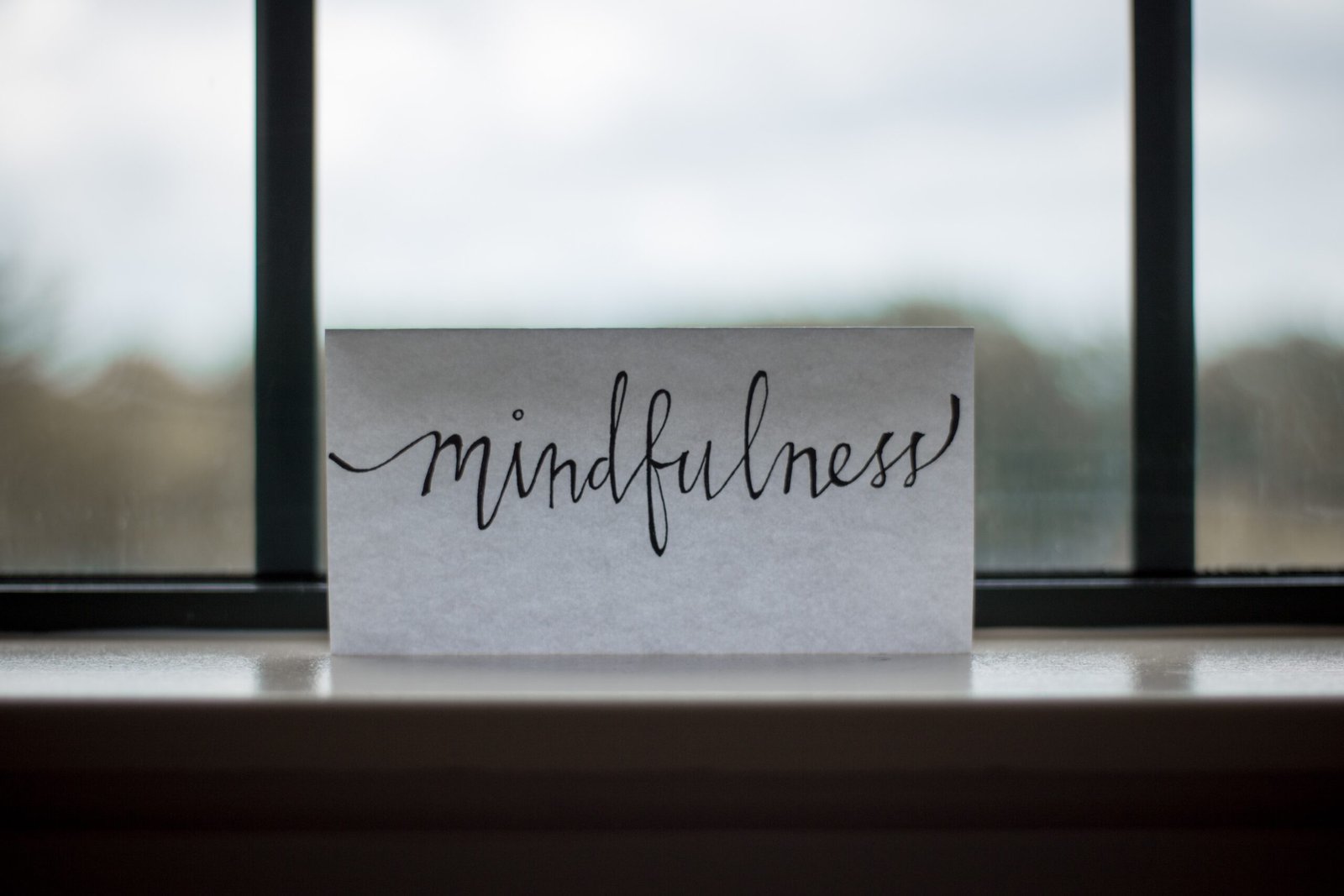The Power of Mindfulness: Cultivating Well-being and Awareness
What is Mindfulness?
Mindfulness is a mental practice and a state of awareness that involves paying focused and non-judgmental attention to the present moment. It is about observing your thoughts, feelings, bodily sensations, and the surrounding environment without trying to change or judge them.
Mindfulness is often associated with meditation and can be cultivated through various techniques:
- Mindfulness Meditation: This involves sitting quietly and directing your attention to your breath, bodily sensations, or a specific object, while gently bringing your focus back to the present whenever your mind wanders.
- Body Scan: A practice where you systematically pay attention to each part of your body, noting any sensations without judgment.
- Mindful Breathing: Focusing on your breath as it goes in and out, observing the sensations of each breath without trying to control it.
- Mindful Walking: Practicing mindfulness while walking, being fully present and attentive to each step and the sensations involved.
- Mindful Eating: Paying close attention to the taste, texture, and experience of eating without distractions.
The Benefits of Mindfulness
The practice of mindfulness offers numerous benefits for our overall well-being:
- Stress Reduction: Mindfulness helps to reduce stress by allowing us to observe our thoughts and emotions without getting caught up in them. It helps us develop a sense of calm and equanimity even in the midst of challenging situations.
- Improved Emotional Regulation: By cultivating mindfulness, we become more aware of our emotions and can respond to them in a more balanced and constructive way. It helps us develop emotional resilience and reduces reactivity.
- Increased Self-Awareness: Mindfulness allows us to develop a deeper understanding of ourselves, our patterns of thinking, and our behaviors. This self-awareness helps us make more conscious choices and promotes personal growth.
- Enhanced Concentration: Regular mindfulness practice improves our ability to concentrate and sustain our attention. It helps us stay focused on the task at hand and reduces mind-wandering.
- Greater Overall Well-being: Mindfulness promotes a sense of well-being by helping us appreciate and savor the present moment. It cultivates gratitude, compassion, and a deeper connection with ourselves and others.
Mindfulness in Practice
Mindfulness is not just a theoretical concept; it is a practice that can be integrated into our daily lives. Here are a few ways to incorporate mindfulness into your routine:
- Morning Mindfulness: Start your day with a few minutes of mindful breathing or a short meditation to set a positive tone for the day.
- Mindful Pause: Take regular breaks throughout the day to pause and check in with yourself. Notice your breath, sensations in your body, and any thoughts or emotions that arise.
- Mindful Eating: Slow down and savor your meals, paying attention to the taste, texture, and experience of eating. Avoid distractions like phones or screens.
- Mindful Walking: Take a walk in nature and be fully present in each step. Notice the sensations in your feet, the sounds around you, and the beauty of your surroundings.
- Evening Reflection: Before bed, spend a few minutes reflecting on your day with a sense of curiosity and non-judgment. Notice what went well and what challenges you faced.
Mindfulness is a powerful tool that can transform your life and enhance your well-being. Whether you choose to incorporate formal meditation or simply bring mindful awareness to your daily activities, the practice of mindfulness can help you cultivate a state of presence, peace, and happiness.

Leave a Reply